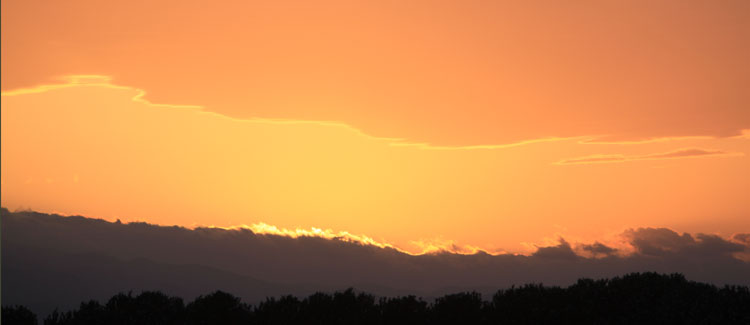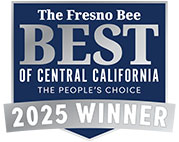 The Farm of the Future is located on Coalinga College's Allen Farm ideally located
in California’s Central Valley. California is the largest producer of goods of all
the states and the largest agricultural state in America, as such, Coalinga College students
study and learn in the center of agriculture.
The Farm of the Future is located on Coalinga College's Allen Farm ideally located
in California’s Central Valley. California is the largest producer of goods of all
the states and the largest agricultural state in America, as such, Coalinga College students
study and learn in the center of agriculture.
Nine of the nation’s top 10 agriculturally productive counties are in California, and six are located in the Central Valley. Learning in an area which produces twenty-five percent of the nation’s food allows students to learn real-world skills applicable in today’s job market. Being centrally located allows students opportunities for field trips and internships with some of the largest growers in the nation.
In the late 1880’s, Billy Sloan raised horses for San Francisco and named this area Pleasant Valley. In 1924, Mr. Buster Allen began working for Mr. Jack Harris running a cotton gin in the Imperial Valley. He moved to Coalinga in 1926 as foreman for the Pleasant Valley Farming Company to assist in raising the first cotton crop. Mr. Allen purchased the PVF Company in 1963 and expanded the farm to almost 15,000 acres by 1975. He diverted Los Gatos Creek through the area we now farm and ran water down to Turk Station near I-5.
In 2001, the Allen Family donated 213 acres to West Hills College for use as a college farm. The generosity of the Allen Family and especially Mrs. Dorothy Allen is a gift to all who visit this farm. To date, the West Hills Community College District has invested more than $25 million in on site infrastructure. More than $600,000 has been invested in irrigation technology and management equipment. In addition, students will have access to a Precision Agriculture inventory exceeding $300,000 of computers, software, and field data loggers, which will have supporting use in this program.
New $10 million Farm facilities were completed in the fall of 2012, including a farm shop with equipment and computer laboratories. During the previous eight years, West Hills Community College District has invested more than $3.1 million in resources for the Farm of the Future. Local donations and federal and state grants have generated an additional $4.7 million.
